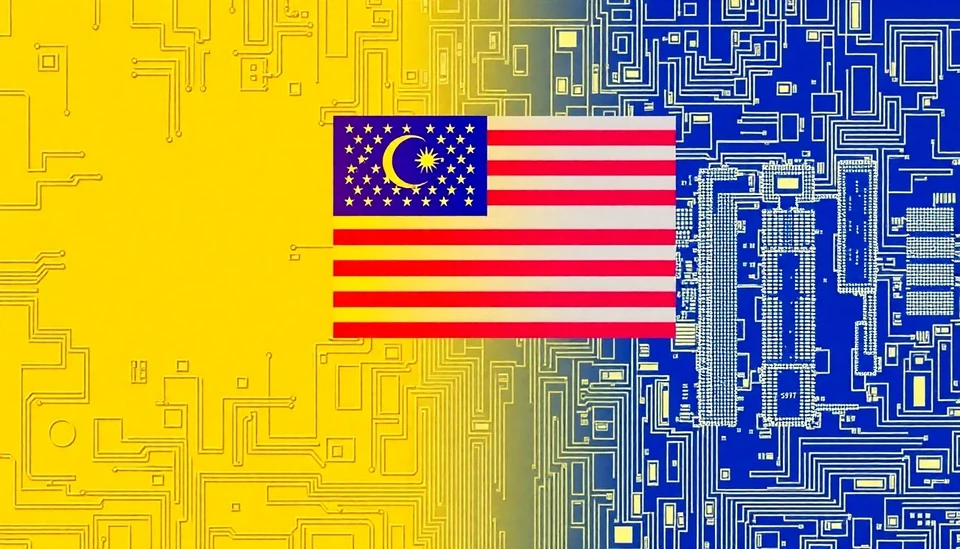
In a recent statement, Malaysian officials addressed concerns regarding the impact of new tariffs imposed by the United States on semiconductor manufacturers. They contend that these tariffs will have minimal repercussions for the nation’s burgeoning chip industry, which has been an essential component of Malaysia's economic landscape.
The Biden administration's latest tariff move comes as part of a broader strategy to strengthen domestic semiconductor production and reduce reliance on foreign suppliers. While the tariffs apply nationally, Malaysian authorities believe that their country's existing trade agreements and strong supply chain networks will mitigate any negative effects associated with these new duties.
The Minister of International Trade and Industry, Tengku Datuk Seri Zafrul Abdul Aziz, emphasized that Malaysia has positioned itself as a key player in the global semiconductor market. By fostering partnerships with key manufacturers and investing in research and development, the country aims to remain resilient amid international trade challenges.
Officials noted that Malaysian semiconductor companies already have diverse markets, thereby reducing the likelihood of significant declines in demand due to tariffs. Furthermore, their strategic presence in areas such as back-end manufacturing and assembly positions them favorably to maintain their competitive edge in the industry.
This assertion comes amid rising tensions between the US and China, where the semiconductor industry has become a focal point of trade frictions. Malaysia has been carefully navigating the complexities of these relations, positioning itself as a neutral ground for manufacturers looking for alternatives to either market.
Analysts suggest that Malaysia’s ongoing investments in technology and infrastructure will continue to bolster its appeal as a semiconductor manufacturing hub. These initiatives are expected to attract further foreign direct investment, which will further enhance the industry in the region, potentially offsetting any losses incurred from the tariffs.
In conclusion, Malaysia remains optimistic about its semiconductor sector's future, citing strength in diversification and strategic investments. The Malaysian government is confident that through proactive measures and a robust manufacturing base, the country can weather the storm created by US tariffs with minimal disruption to its chipmakers.
Future developments in international trade policies and market dynamics will be crucial as Malaysia continues to adapt to the volatile economic landscape, maintaining its role as a critical player in the global semiconductor supply chain.
#Malaysia #Semiconductors #US_Tariffs #Chipmakers #InternationalTrade #EconomicGrowth #Technology #Investment
Author: Rachel Greene




